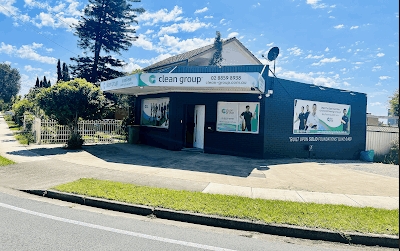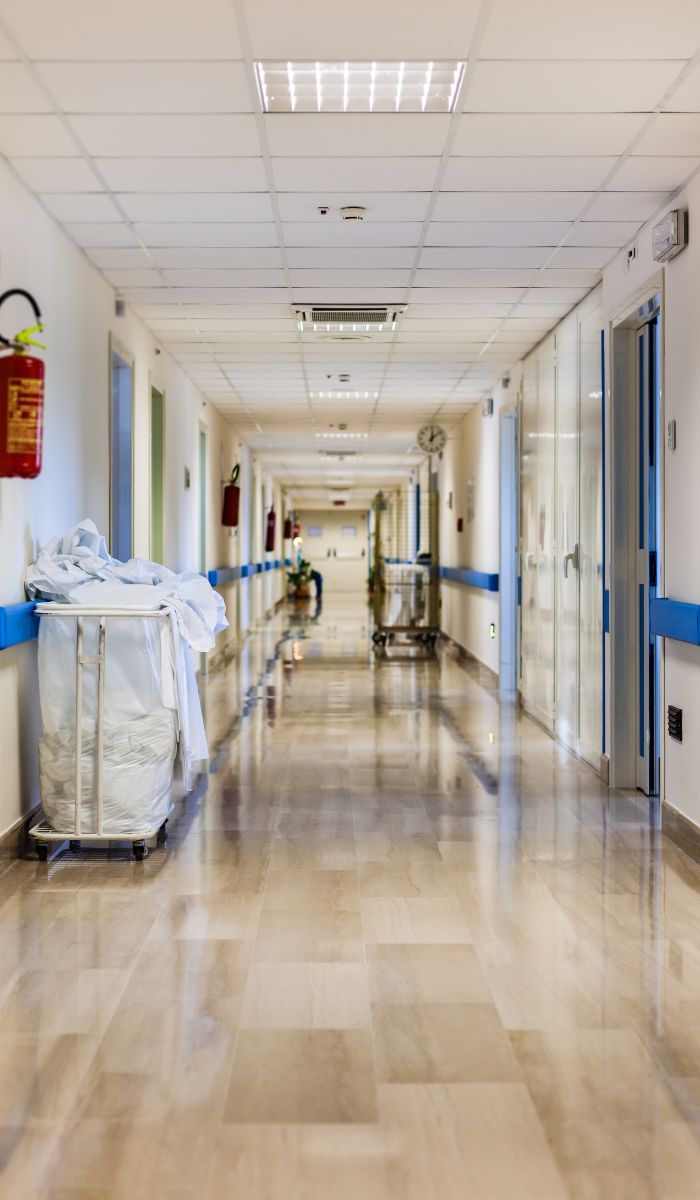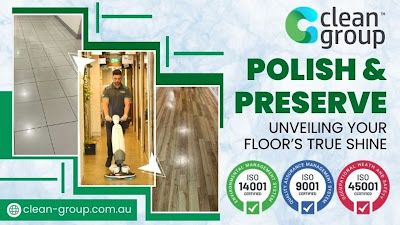
Key Skills Every Commercial Cleaner Should Have
How Commercial Cleaning Keeps Workplaces Safe and Hygienic
The concept of sustainability in cleaning goes beyond just the products used-it extends to how cleaning tasks are carried out. For instance, the cleaning industry is looking at ways to minimize water usage, as water conservation becomes increasingly important in many parts of the world. Dry cleaning methods, waterless car washing, and the use of microfiber cloths are all techniques that reduce the need for excessive water use during cleaning. Furthermore, many cleaning companies are now using energy-efficient equipment, such as vacuums and floor scrubbers that consume less electricity while still delivering high performance.
In the food service industry, cleaning is critical to ensuring food safety and preventing cross-contamination. Restaurants, food processors, and catering services all rely on strict cleaning protocols to maintain hygiene standards and comply with health regulations. In these settings, cleaning surfaces and equipment such as grills, ovens, refrigerators, and cutting boards is essential to prevent the growth of harmful bacteria, such as E. coli and Salmonella. To achieve this, food safety experts often recommend specific cleaning procedures, including using food-safe disinfectants and ensuring proper sanitization of utensils and storage areas. Clean Group provides comprehensive and professional Commercial Cleaning Sydney across Sydney, NSW. Our fully insured, trained, and security-verified cleaners ensure your workplace stays spotless and hygienic. Schedule a free onsite quote today—book online or call us at 02 9160 7469. Get your obligation-free commercial cleaning estimate for offices, buildings, and other business spaces in Sydney.. In addition to regular cleaning routines, deep cleaning is often required in kitchens to remove grease and food buildup from hard-to-reach areas.


